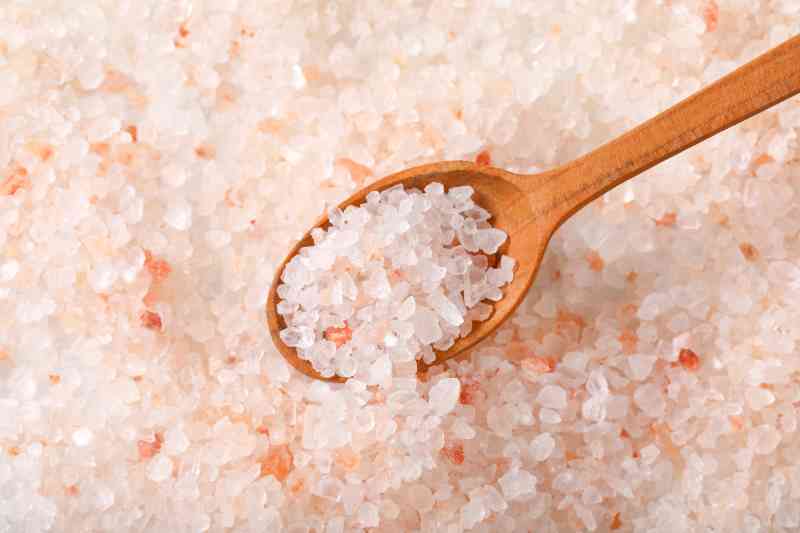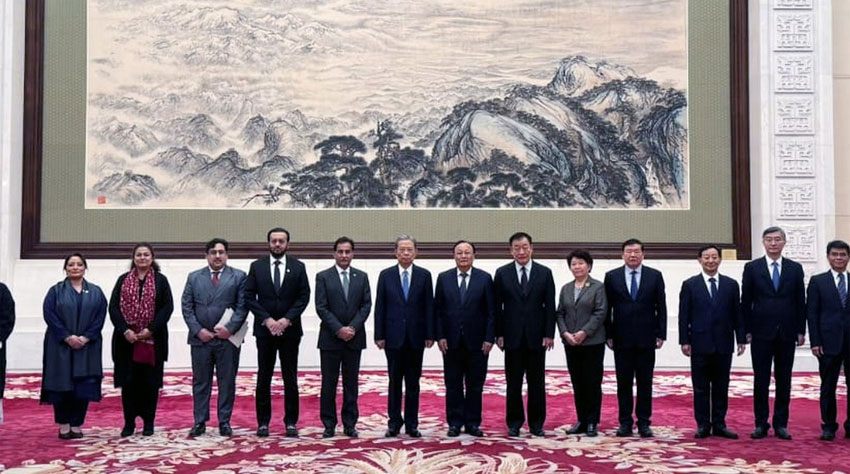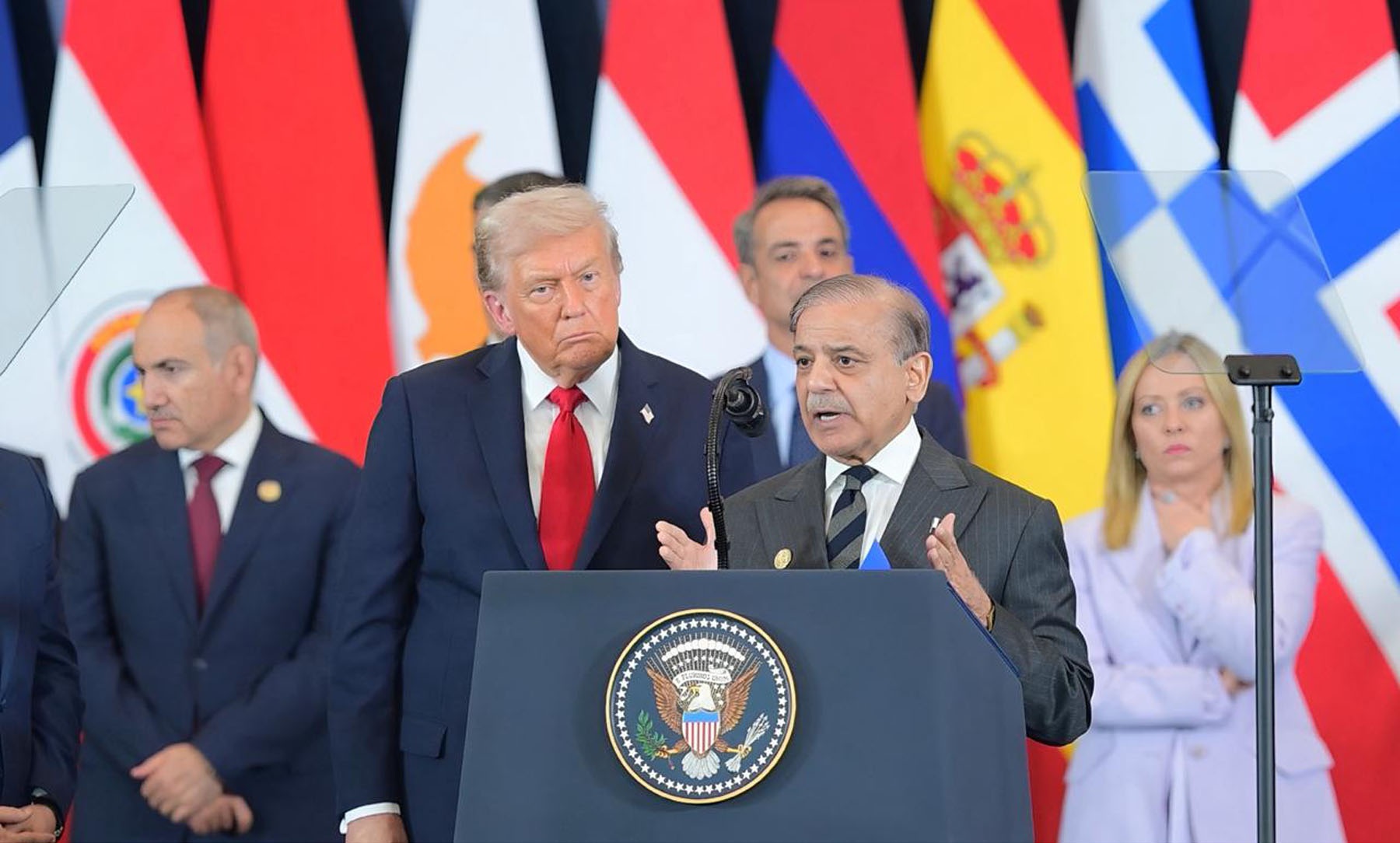Himalayan pink salt is one of Pakistan’s most iconic natural resources. Mined primarily from the historic Khewra Salt Mines, this mineral treasure has long been exported as a raw commodity. However, a groundbreaking recognition shifted the narrative: a Brazilian soap infused with Himalayan pink salt from Pakistan won the Global Innovation Award at the Women AgroTech Summit in Belgium.
This case study explores how the award came about, the stakeholders involved, the impact on Pakistan’s trade reputation, and lessons that entrepreneurs and policymakers can draw for the future.
Background: The Value of Himalayan Pink Salt
-
Origins: Extracted from the Khewra Mines in Punjab, Pakistan, Himalayan pink salt is valued for its natural pink hue caused by iron oxide and other trace minerals.
-
Global Appeal: Its mineral composition and aesthetic qualities have made it popular not only as a culinary ingredient but also as a component in wellness, cosmetics, spa, and lifestyle products.
-
Untapped Potential: Historically, Pakistan has largely exported pink salt in raw or semi-processed form. This has limited its economic returns despite rising global demand.
The Challenge
Despite its global popularity, Pakistan has struggled with:
-
Lack of Value Addition – Most salt leaves Pakistan as a raw commodity, with value addition occurring abroad.
-
Brand Identity Issues – Many consumers are unaware that Himalayan pink salt originates from Pakistan; some even associate it with neighboring countries.
-
Innovation Gap – Limited R&D, weak packaging, and low marketing budgets mean Pakistan’s salt sector often lags behind international competitors.
-
Export Barriers – Inconsistent quality standards, supply chain inefficiencies, and tariff restrictions reduce global competitiveness.
These challenges made it difficult for Pakistan to fully capitalize on its unique resource.
The Solution: Pakistan–Brazil Collaboration
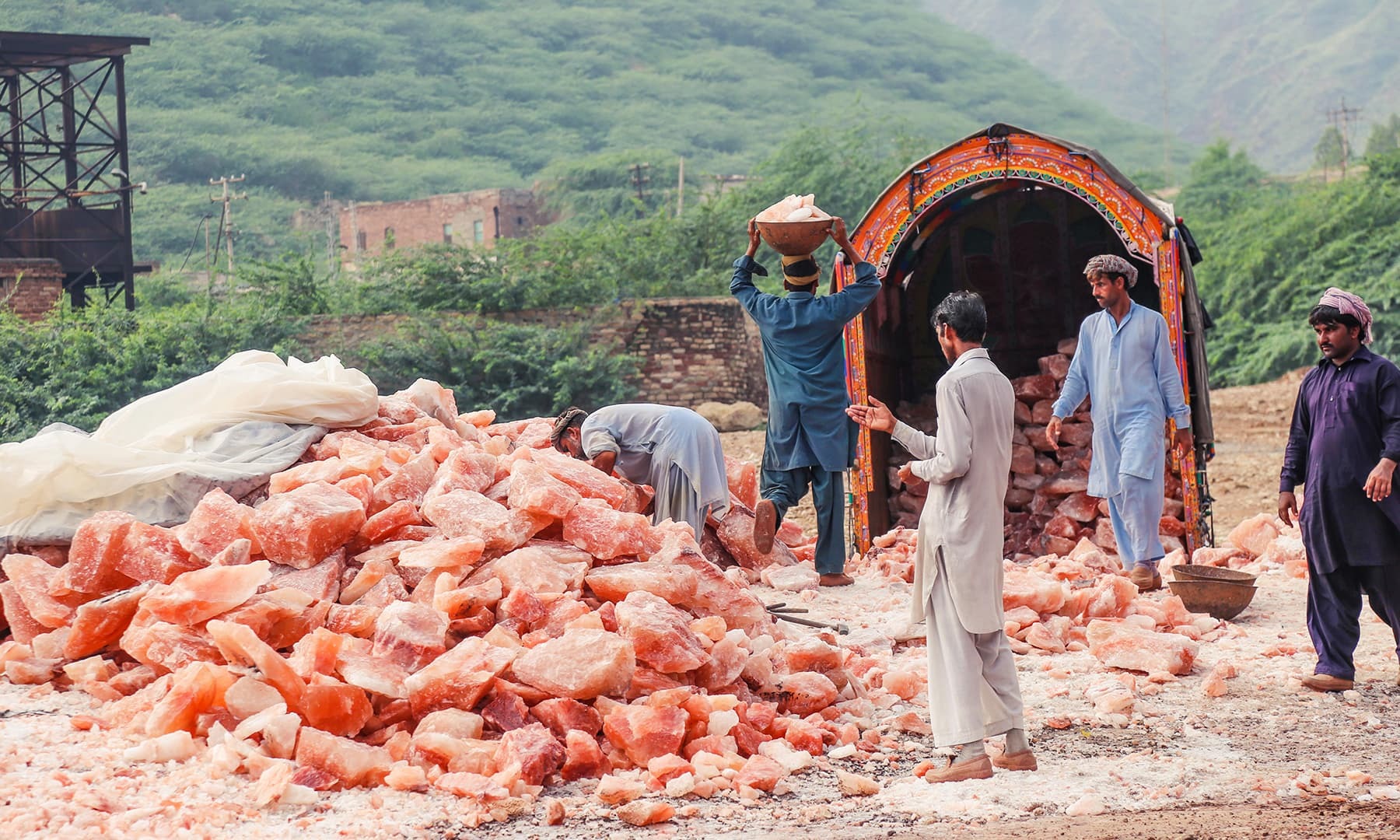
The award-winning innovation emerged from a cross-border collaboration:
-
Raw Material: Himalayan pink salt supplied from Pakistan.
-
Product Development: Brazilian entrepreneurs formulated a premium soap infused with the salt.
-
Value Proposition: The soap positioned pink salt not only as a culinary product but also as a cosmetic and wellness ingredient.
-
Global Platform: Entry into the Women AgroTech Summit in Belgium gave the product visibility on an international stage.
This partnership exemplified how natural resources, when combined with global innovation and market access, can transcend boundaries.
The Process
The journey to the award can be broken down into key steps:
-
Sourcing – High-quality Himalayan pink salt crystals mined in Pakistan and processed for export.
-
Innovation & R&D – Brazilian laboratories experimented with formulations to harness pink salt’s exfoliating, mineral-rich, and skin-friendly properties.
-
Branding & Packaging – The soap was marketed as a fusion of “natural purity” from Pakistan and “cosmetic excellence” from Brazil.
-
Presentation at AgroTech Summit – The product was submitted under the innovation category, emphasizing sustainability, cross-cultural collaboration, and women entrepreneurship.
-
Recognition – The panel awarded the soap the Global Innovation Award, citing its originality, market potential, and international partnership.
The Results
The award yielded several tangible and intangible outcomes:
-
Global Recognition: Pakistani Himalayan pink salt gained visibility as a resource for high-end value-added products.
-
Trade Promotion: Pakistan’s Commerce Minister Jam Kamal hailed the achievement as a milestone in promoting pink salt exports.
-
Brand Strengthening: The narrative shifted from “cheap raw salt” to “premium natural ingredient powering global innovations.”
-
Inspiration for Entrepreneurs: The success inspired SMEs and women entrepreneurs in Pakistan to explore new uses for pink salt.
-
Policy Attention: The award sparked conversations on the need for government support in value addition, branding, and export facilitation.
Lessons Learned
-
Value Addition Is Key
Exporting raw resources limits profits. Transforming them into innovative, branded products unlocks far greater economic potential. -
International Collaboration Works
By partnering with Brazil, Pakistan leveraged global expertise in cosmetics and marketing while showcasing its resource strength. -
Women in Innovation Are Vital
Recognition at a women-centered summit highlights the role of female entrepreneurs in driving agro-tech and natural product innovation. -
Storytelling Matters
Linking Pakistan’s heritage and natural resources to sustainable, wellness-oriented products resonates with global consumers. -
Government Backing Boosts Confidence
Support from trade authorities strengthens exporters’ morale and adds credibility in international forums.
Opportunities for the Future
The Himalayan pink salt case study opens up several opportunities for Pakistan:
-
Diversified Product Lines: Expansion into cosmetics (scrubs, masks, bath salts), wellness (lamps, inhalers), and gourmet (salt blocks, fine powders).
-
SME Development: Encourage small businesses in Pakistan to develop value-added pink salt products for local and export markets.
-
Sustainability Certifications: Position products with eco-labels, Fair Trade or organic certifications to capture premium markets.
-
Women-Led Enterprises: Promote female entrepreneurs in mining regions and in product development.
-
Global Partnerships: Foster more joint ventures with companies in Europe, Asia, and the Americas to scale innovation.
Insights for Pakistani Business Community
-
For Entrepreneurs: Think beyond raw exports. Explore partnerships and branding that elevate natural resources into luxury products.
-
For Policymakers: Incentivize R&D, provide export facilitation, and establish a “Made in Pakistan” certification for authenticity.
-
For Investors: The pink salt sector has untapped potential—global demand is high, but premium branding is still in its infancy.
Conclusion
The Global Innovation Award in Belgium, won by a Brazilian soap infused with Pakistani Himalayan pink salt, is more than a feel-good story. It is a roadmap for how Pakistan can harness its natural resources to compete in the global economy. By combining value addition, international collaboration, and strong branding, Pakistan can transform pink salt from a raw commodity into a symbol of innovation, sustainability, and cultural pride.
This case study proves that when local treasures meet global innovation, recognition and opportunity follow. For Pakistan, the Himalayan pink salt success story is just the beginning.
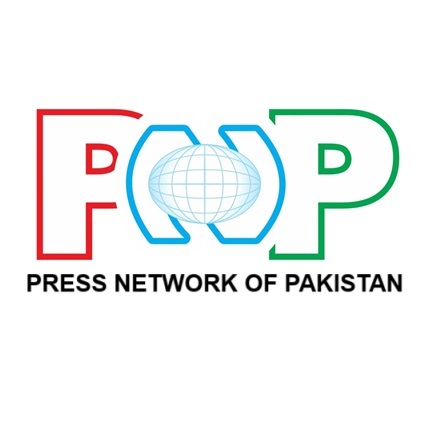
Dr. H. Zafar is a distinguished writer and analyst associated with Press Network of Pakistan as Associate Editor. With a strong academic background and years of research experience, she brings depth, clarity, and analytical rigor to her writings.

